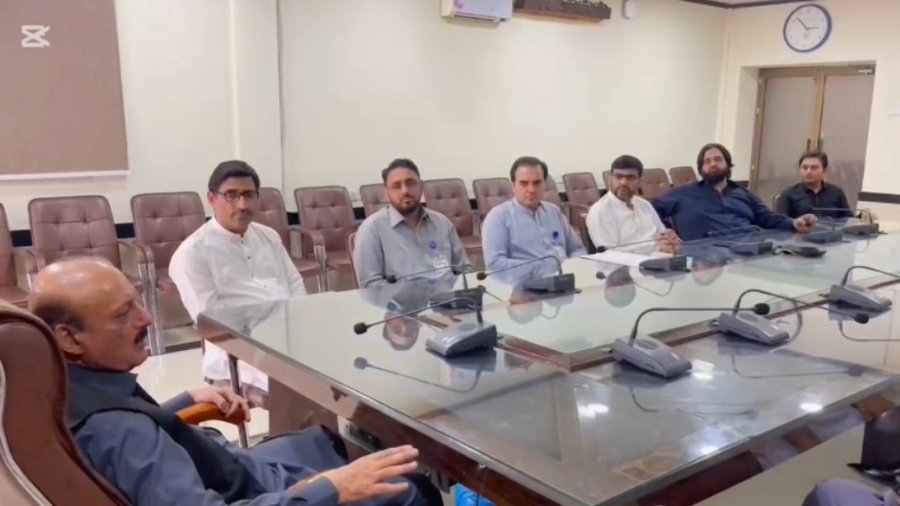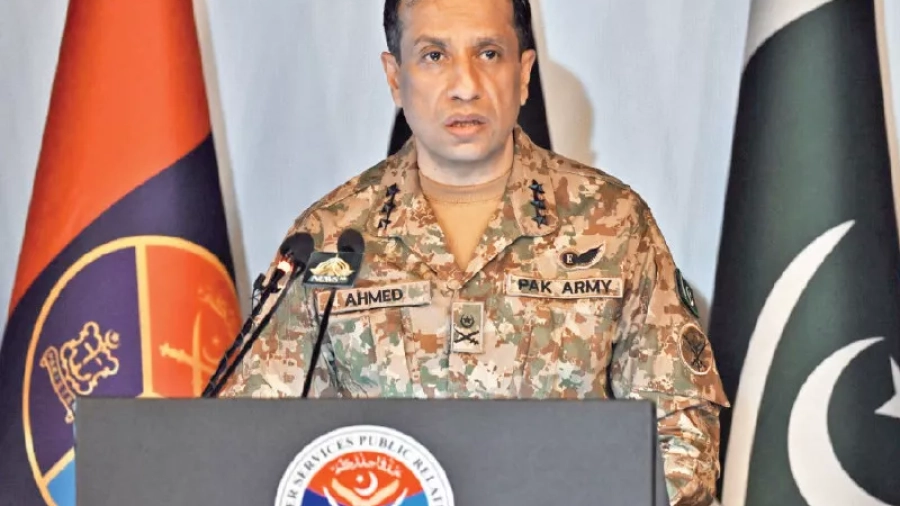Indian Airstrikes Kill 26 Civilians in Pakistan; Military Delivers Swift Response
RAWALPINDI – Pakistan’s military has confirmed that 26 civilians were martyred and 46 injured as a result of unprovoked Indian airstrikes on six separate locations within Pakistani territory, in what has been described as a grave violation of sovereignty.
Lieutenant General Ahmed Sharif Chaudhry, Director General of the Inter-Services Public Relations (DG ISPR), briefed the media on the situation, stating that India launched the strikes under the cover of darkness, targeting civilian infrastructure, including multiple mosques.
Targeted Sites and Civilian Toll
The most devastating attack occurred in Ahmadpur East, where an airstrike on Subhan Allah Mosque led to the martyrdom of 13 people, including two 3-year-old girls, and left 37 others wounded.
In Muzaffarabad, the Bilal Mosque was hit, resulting in three deaths. Meanwhile, in Kotli, an attack on Abbas Mosque killed two civilians. Another strike in Muridke claimed the lives of three people, with one injured.
No casualties were reported in Sialkot and Shakargarh, although limited structural damage occurred.
In addition, five civilians were martyred in Indian shelling along the Line of Control (LoC).
Condemnation of Religious Site Attacks
General Ahmed Sharif condemned India’s targeting of mosques and places of worship, attributing the aggression to the rising influence of Hindutva ideology under the Modi-led government, which he said seeks to marginalize minorities, particularly Muslims, and suppress their religious freedoms.
Pakistan’s Military Response
The DG ISPR confirmed that Pakistan Air Force (PAF) swiftly retaliated, downing five Indian aircraft — including three Rafale fighter jets, a MiG-29, a Su-30, and a Heron combat drone. The aircraft were shot down over Bhatinda, Jammu, Awantipur, Akhnoor, and Srinagar.
He emphasized that Pakistan responded only after Indian jets launched their weapons, highlighting that the response was strictly in self-defence. Despite having the capacity to down over ten enemy aircraft, Pakistan chose to exercise restraint, he said.
No Violation of Airspace by Pakistan
Lt. Gen. Chaudhry clarified that no Indian aircraft successfully entered Pakistani airspace, nor did any Pakistani jets breach Indian territory during the exchange.
India’s Violation of International Norms
He also revealed that Indian strikes damaged the Nosheri Dam, an act that violates international conventions regarding civilian infrastructure.
Furthermore, the attacks endangered thousands of lives, as several international and domestic flights were in Pakistani airspace at the time of the aggression.
Pakistan’s Stance
Reaffirming Pakistan’s position, the DG ISPR stated, “We are a battle-hardened military. We cherish martyrdom in the defence of our homeland. No one will be allowed to challenge Pakistan’s sovereignty or integrity.”
He concluded by stating that Pakistan retains the right to respond to any future aggression at a time and place of its choosing, reinforcing that the country’s actions are guided by responsibility and national security imperatives.





